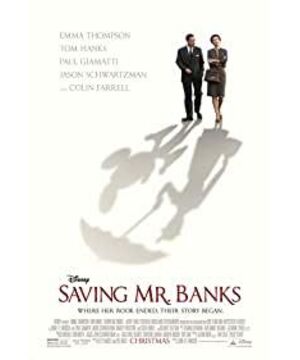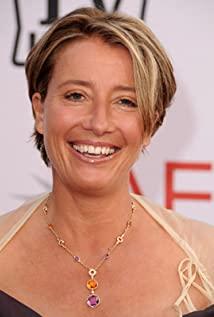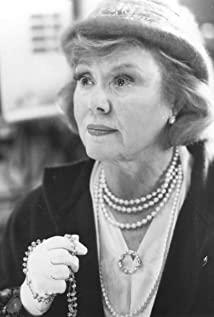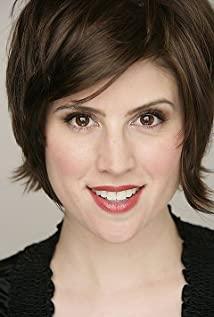As with all things Disney, this behind-the-scenes film about a movie—regardless of its true motivation—needs a moving theme. Love and redemption. You can never make a mistake when you choose this genre to tell your story. Maybe you will appear old-fashioned and superficial, like
must admit
How ridiculous. If you think about the logic here.
· Does a daughter need to forgive her father?
· Does Mr. Banks need redemption?
· Assuming Mr. Banks needs to be rescued, hasn't women writers already done this in their own writing? Could Mr. Banks ascend to fairy tale paradise only by being filmed by Mr. Disney?
· Is it not because of the unique charm of her works that Mr. Disney has been pestering female writers for twenty years? Is it the writing of the female author that gives life to the film, or the film that gives life to Mr. Banks? Isn't the cause and effect here reversed and confusing?
From the beginning of the film, we can see the viciousness and hatred of the producers. Rarely has the opportunity to see a film's heroine so vilified on the set. Old-fashioned, mean, neurotic, all possible labels are attached to female writers, which shows the depth of Disney's hatred for female writers. The contradictions and disputes in 1964 left Disney's hatred for half a century and did not subside until the death of the female writer, and such a film was made to humiliate her.
What's even more ridiculous is that this humiliation is actually in the name of love and redemption. How ironic!
I haven't read it yet
a musical farce full of absurd and silly scenes.
Flashy scene. Unreal animations and special effects. Posing protagonist. Pretentious acting and lines.
Salinger said in "The Catcher in the Rye" "I hate movies the most, you better not mention it to me". At least in the 1950s and 1960s, limited by the techniques and techniques of the time, this statement was absolutely true. Salinger, after all, was a smart man, and he refused to sell the rights to film adaptations for the rest of his life. Fortunately, Holden Caulfield is still an icon and symbol that exists in the text for readers, not a fake face of some shallow male star in the movie.
Compared to Salinger, female writers are unfortunate. Economic pressure forced her to sell out her most cherished characters. Under the repression of Hollywood movie giants, she completely violated her original intention and original intention. All opinions were ignored, and after a few decades, Disney had to make another film. Behind-the-scenes movies to humiliate.
View more about Saving Mr. Banks reviews











